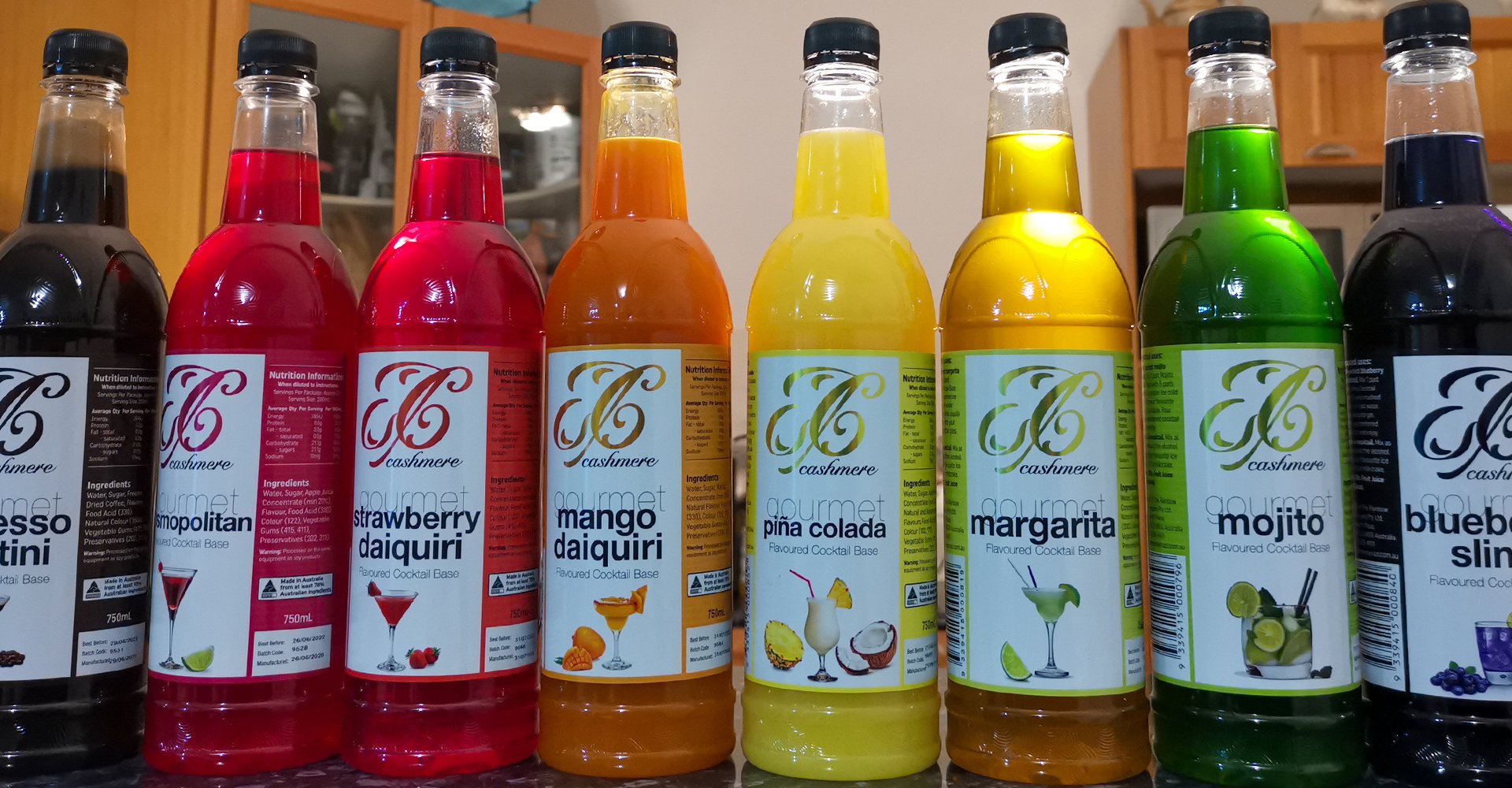As you know, running a café requires more than just brewing coffee; it demands a well-thought-out business plan that serves as the roadmap for success.
Whether you're a seasoned café owner looking to refresh your strategy or a budding entrepreneur entering the world of hospitality, a robust business plan is your recipe for success.
In this blog, we'll explore the essential steps to write or refresh your café business plan, ensuring that you're on track to create a thriving and unique coffee haven.
Mission and Vision: Crafting Your Café's Identity
Begin by defining the essence of your café. What do you want to achieve, and what values will guide your business? Clearly articulate your mission and vision statements. Consider what sets your café apart – whether it's a commitment to sustainability, a focus on artisanal blends, or creating a community hub.
Identifying Your Target Market
Understanding your target market is crucial. Identify your ideal customers, their preferences, and behaviours. Tailor your offerings to meet their needs, whether it's providing a tranquil workspace, offering specialty brews, or hosting events that resonate with your audience.
Market Analysis: Sizing Up the Competition
Conduct a thorough market analysis to gauge the competitive landscape. Identify your direct and indirect competitors, analyse their strengths and weaknesses, and pinpoint the gaps in the market that your café can fill. This analysis will inform your marketing and differentiation strategies.
Menu Development
Your menu is the heart of your café. Create a diverse and appealing selection of beverages and food items, keeping in mind current food trends, dietary preferences, and cultural influences. Consider collaborating with local suppliers for fresh, high-quality ingredients that align with your café's identity
Marketing and Promotion
Develop a comprehensive marketing plan to promote your café. Utilise social media, local partnerships, and traditional advertising to create buzz. Consider loyalty programs, special promotions, and events to attract and retain customers. Your marketing strategy should align with your brand and resonate with your target audience.
Operational Plan
Detail the day-to-day operations of your café. Address key elements such as location, hours of operation, staffing requirements, and supplier relationships. Create a robust workflow to ensure efficient and seamless operations, from inventory management to customer service.
Financial Projections
Craft realistic financial projections, including startup costs, operational expenses, and revenue forecasts. Develop a budget that covers all aspects of your café's operations, ensuring that you have a clear understanding of your financial needs and potential profitability.
SWOT Analysis
Conduct a thorough SWOT analysis (Strengths, Weaknesses, Opportunities, Threats) to identify internal and external factors that may impact your café. This analysis will help you leverage your strengths, address weaknesses, capitalise on opportunities, and mitigate potential threats.
Sustainability and Social Responsibility
Consider incorporating sustainability practices and social responsibility into your business plan. This could involve sourcing ethically produced coffee beans, implementing eco-friendly practices, or supporting local community initiatives. A commitment to sustainability can enhance your brand image and attract environmentally conscious customers
Regular Review and Adaptation
A café business plan is not a one-time task. Regularly review and adapt your plan to reflect changes in the market, customer preferences, and industry trends. Stay agile and be willing to tweak your strategies to ensure your café remains relevant and successful.
Over To You...
A well-crafted business plan is your secret ingredient to success. Whether you're embarking on a new venture or revitalising an existing one, take the time to carefully consider each element of your plan.









